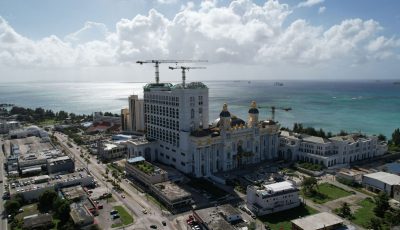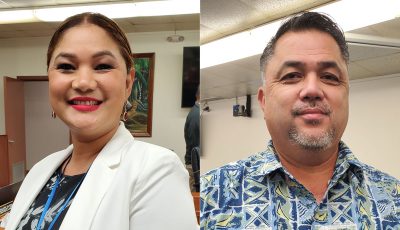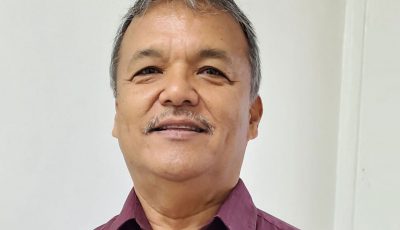IPI OK with Ewing settlement
Imperial Pacific International is open to settlement talks with Danny Ewing, a former Best Sunshine International, Ltd. employee who filed a wrongful termination lawsuit against the casino owner.
George Lloyd Hasselback has informed the U.S. District Court for the NMI that his client, Imperial Pacific, will be willing to discuss settlement with Ewing, Best Sunshine’s former casino vice president of table games.
In a statement filed in court on Wednesday, Hasselback also disclosed that they will shortly be filing an amended answer to Ewing’s claims.
Hasselback said he has discussed this with Ewing and received the latter’s consent to the filing.
As to jurisdiction and venue in this case, the lawyer said Imperial Pacific does not perceive any issue at this time.
In his lawsuit, Ewing, through counsel William M. Fitzgerald, alleged that the casino management was engaging in illegal practices, among other things, when it allowed a customer to deposit $400,000 with the casino’s cashier without the required Anti-Money Laundering identification.
Imperial Pacific operates at the T Galleria the Best Sunshine Live, a temporary casino that trains workers to ultimately service its permanent casino, now being constructed in Garapan.
Ewing is suing Imperial Pacific for wrongful termination in violation of public policy (anti-money laundering standards and regulations), (Fair Labor Standards Act and Occupation Safety and Health Act regulations), (immigration violations); wrongful failure to hire; and intentional infliction of emotional distress.
Ewing is demanding payment of unspecified damages.
Imperial Pacific has denied the allegations. Hasselback has asserted that the federal court lacks jurisdiction over the claims contained in the lawsuit.
Hasselback also argued that Ewing’s claims should be barred and/or limited by his failure to mitigate damages.
In Imperial Pacific’s answer and affirmative defenses to Ewing’s lawsuit, Hasselback said his client denies the allegations that the company failed to implement or enforce an adequate anti-money laundering program.



























